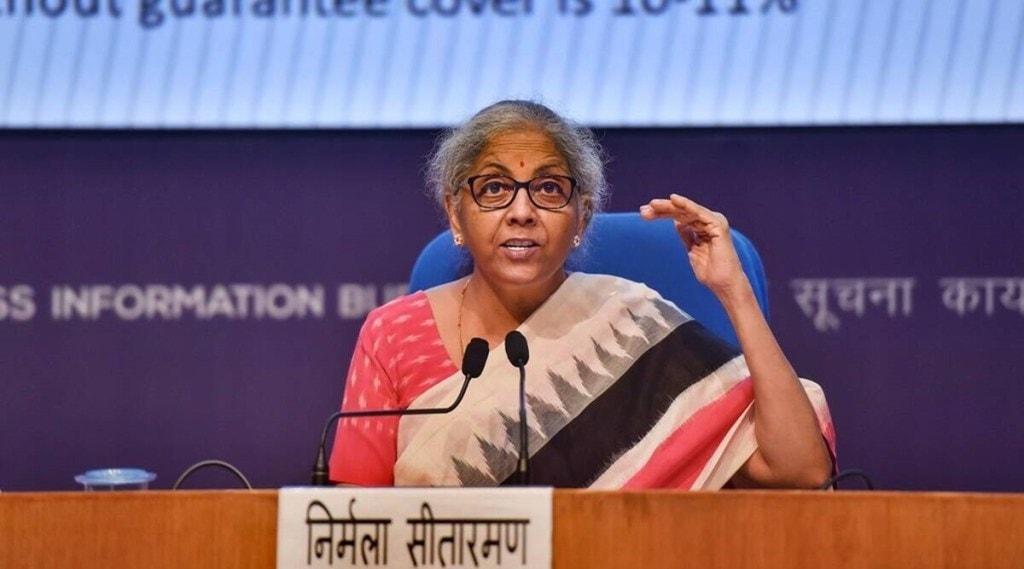The government and the Reserve Bank of India (RBI) have been working in “completely harmony” in relevant matters, finance minister Nirmala Sitharaman asserted on Monday, suggesting that both are on the same page on the issue of cryptocurrencies.
Addressing a press conference jointly with RBI governor Shaktikanta Das after a meeting of the banking regulator’s central board, Sitharaman also indicated that talks between the government and the central bank on various aspects of cryptocurrencies have been going on.
The FY23 Budget has proposed to tax any income from the transfer of virtual digital assets at 30%. The loss from the sale of these assets cannot be set off against any other income and a 1% TDS will also be levied on payments made on the transfer of digital assets. This move led to speculations that the government might legalise cryptocurrencies, despite RBI’s reservations.
However, Sitharaman has subsequently made it clear that the government has the “sovereign right” to tax profits made from virtual digital asset transactions and that the Budget announcement has neither legalised cryptocurrencies nor prohibited them.
Any decision to ban or not will be made after wide-scale consultations, she has said.
Commenting on the fraud at ABG Shipyard, the finance minister highlighted that the account first turned non-performing asset (NPA) during the UPA-II period (November 2013). In fact, banks, under the current regime, took less-than-normal time to detect the fraud perpetrated by the shipping firm. Usually, banks take 52-56 months to detect such cases and initiate follow-up actions, she added, seeking to blunt the Opposition’s criticism about the delay in registration of FIR by the Central Bureau of Investigation. The agency recently booked ABG Shipyard, its former chairman and managing director Rishi Kamlesh Agarwal and others for allegedly cheating a consortium of two dozen lenders led by ICICI Bank and causing losses of Rs 22,842 crore, in what is touted as the biggest fraud in the country’s banking history.
Commenting on price pressure, RBI governor Das said the momentum of inflation since October 2021 has been on a downward slope, excluding the (unfavourable) base effect. Asked about the central bank’s inflation projections of lower inflation next fiscal, governor Das said the RBI’s projections are “robust” but contingent on downside and upside risks associated with the movement of global crude oil prices.
The central bank had said last week that headline inflation could peak in the fourth quarter of the 2021-22, within the tolerance band (2-6%) and then moderate closer to target in the second half of 2022-23, providing room for monetary policy to remain accommodative.
On the assumption of a normal monsoon in 2022, the central bank has projected retail inflation for FY23 at 4.5%, against 5.3% for the current fiscal.
Das also said a decision on the issuance of sovereign green bonds, announced in the latest Budget to garner resources for green infrastructure, will be made after a meeting of the monitoring group on cash and debt management next month.
“The main rationale behind going for green bonds is that world over there is a lot of investors who have dedicated funds to invest in green bonds,” he said.
The governor also said the proposal for the inclusion of government securities in the global indices is a “work in progress”.

